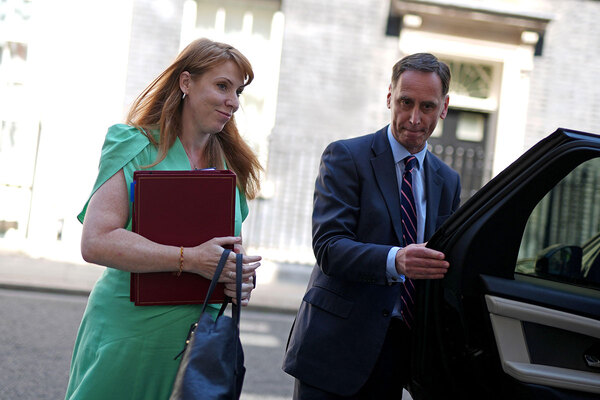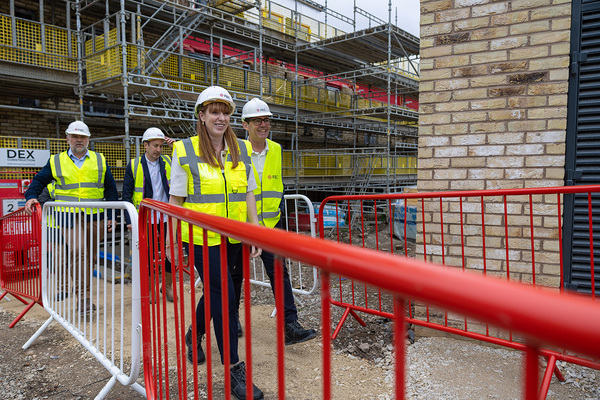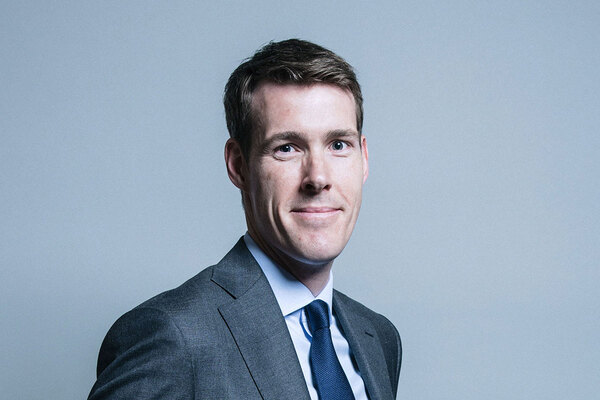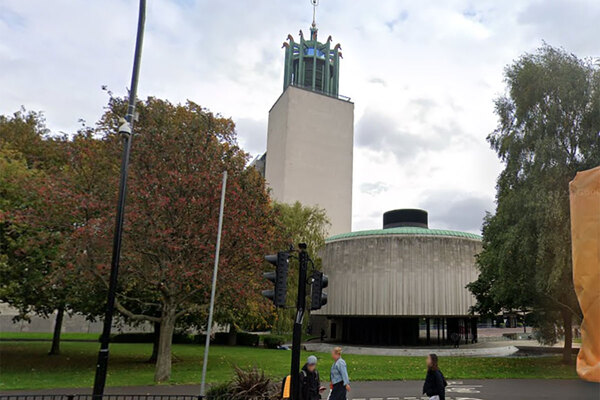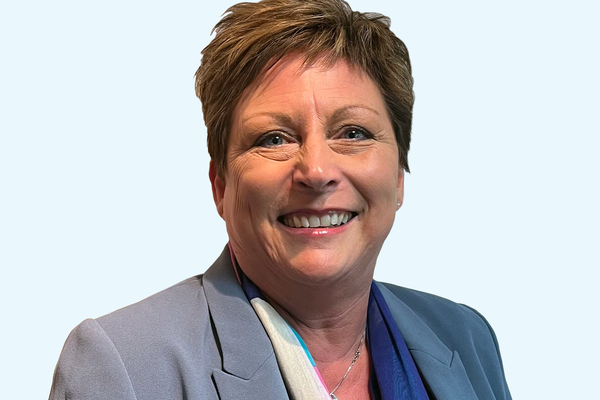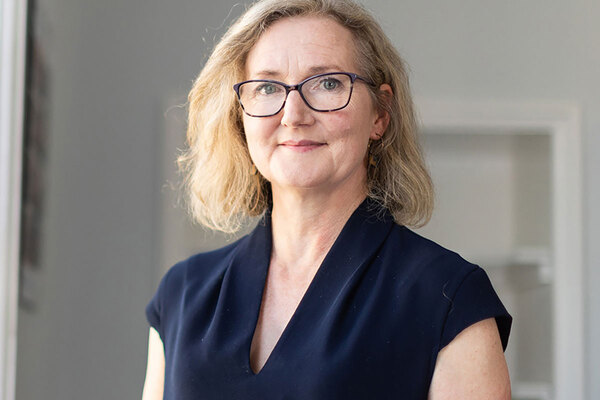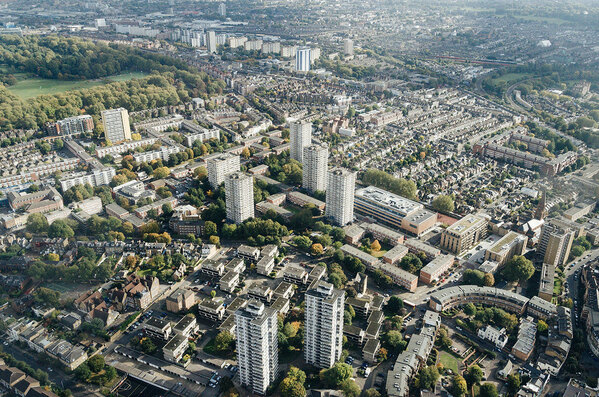You are viewing 1 of your 1 free articles
Housing minister writes to local Cambridge leaders to ‘reset’ relationship and boost housebuilding
Matthew Pennycook has written to local leaders in Cambridge to call for a “reset” in their relationship with central government, amid plans to boost housing delivery.
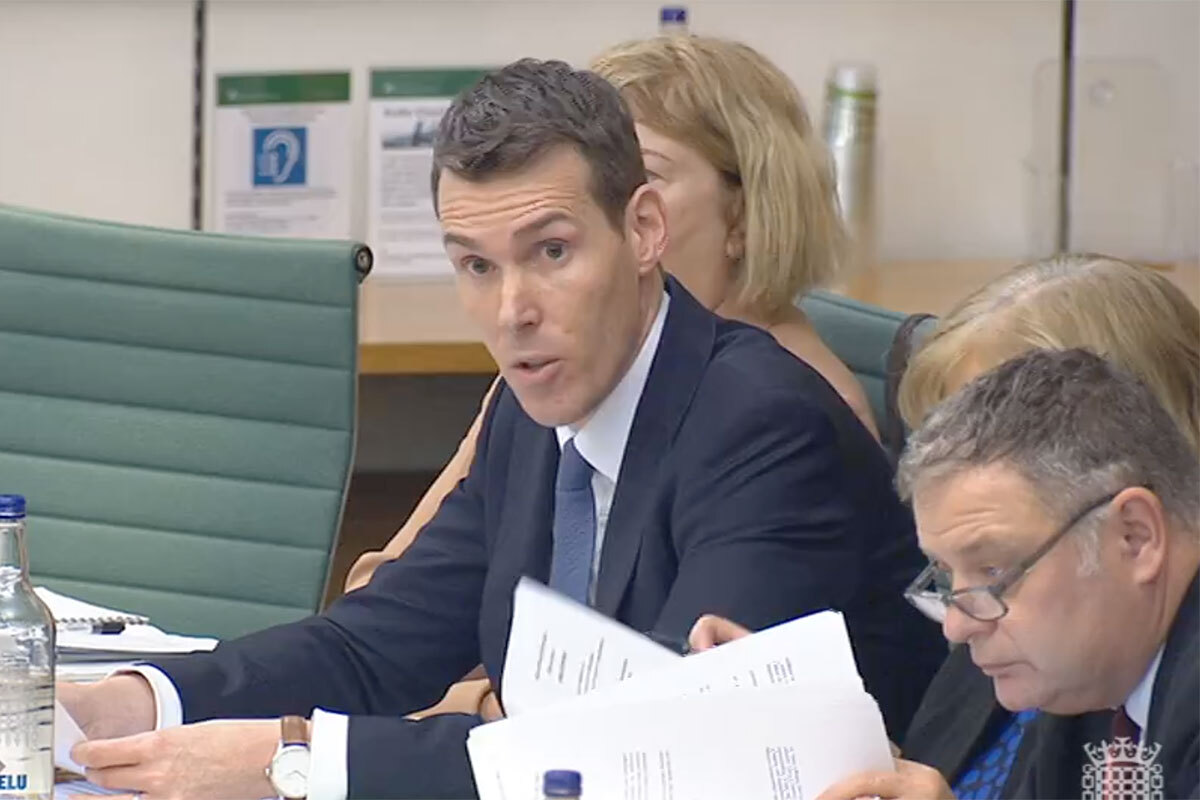
The housing minister said that tackling housing challenges and unblocking planning delays in the area were priorities for the government.
“While I recognise that in recent years much has been delivered, there remain significant barriers to realising the area’s full potential,” Mr Pennycook wrote in the letter.
He said: “The deputy prime minister and I are determined to help remove them and overcome the issues that have held up planned development for essential housing and laboratory space.”
Mr Pennycook said he was taking the opportunity “to reset the work and the relationship between central government and local partners”.
The letter was sent to Nik Johnson, mayor of Cambridgeshire and Peterborough; Bridget Smith, leader of South Cambridgeshire District Council; Mike Davey, leader of Cambridge City Council; and Lucy Nethsingha and Elisa Meschini, Cambridge councillors.
The government’s revised National Planning Policy Framework is set to change the way local housing need is calculated.
Based on the new calculation, the number of homes needed in the East of England would increase by around 28% to 44,858, according to the Ministry of Housing, Communities and Local Government.
In Cambridge, housing need would increase from 687 to 1,068, an increase of around 55%.
Mr Pennycook added that while Cambridge had seen significant economic growth in recent years, it remained “one of the most unequal places in the UK, a sign that the benefits of its economic success have not been shared by all”.
“Many crucial decisions remain to be made about the precise form that ambitious and high-quality sustainable growth in the area takes.
“I am determined that we take a collaborative approach to them, ensuring that the insight and invaluable knowledge of local leaders fully informs the government’s thinking,” he said.
Mr Pennycook also drew attention to the progress made on Northstowe, a new town in Cambridgeshire.
Shortly after the election in July, chancellor Rachel Reeves announced plans to create a taskforce to “accelerate stalled housing sites”, with Northstowe one of four developments set to receive initial support.
Mr Pennycook said the government had helped unblock development in the town. Two developers, Keepmoat and Capital & Centric, recently signed a “collaboration agreement” with Homes England to deliver 3,000 homes on the scheme.
Mr Pennycook said he plans to visit Cambridge soon and hopes to meet the leaders then.
Sign up for our development and finance newsletter
Already have an account? Click here to manage your newsletters
